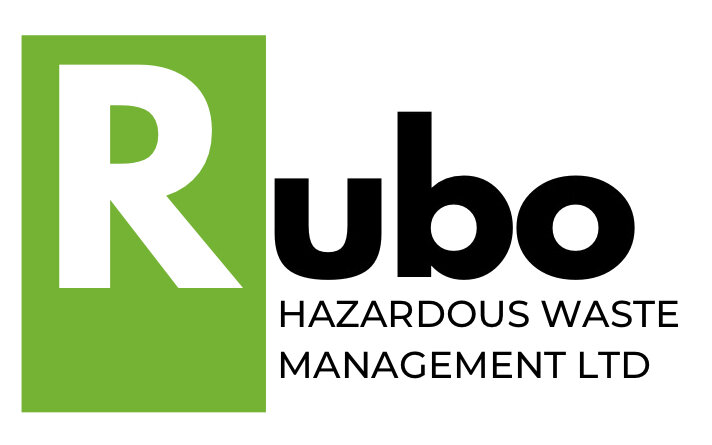A Complete Guide to Hazardous Waste Consignment Notes
When hazardous waste is moved from your premises, it must be accompanied by a Hazardous Waste Consignment Note. This legal document ensures that the waste is transported, handled, and disposed of in compliance with UK regulations. Whether you’re a waste producer, carrier, or consignee, understanding consignment notes is crucial for safe and lawful waste management.
At Rubo Hazardous Waste Management, we simplify this process, ensuring your business stays compliant while contributing to environmental protection.
What is a Hazardous Waste Consignment Note?
A Hazardous Waste Consignment Note is a mandatory document required for the movement of hazardous waste under the Hazardous Waste (England and Wales) Regulations 2005. It provides a detailed record of the waste, its origin, transport, and disposal, ensuring accountability and legal compliance at every step.
When is it Required?
A consignment note is needed for all movements of hazardous waste, including:
Transfers from one site to another within the same business.
Collections by registered waste carriers.
Waste movements from customer premises where another business has produced the waste
Key Components of a Consignment Note
Each consignment note is divided into five parts:
Part A: Notification Details
Unique Consignment Code: Generated for each shipment.
Producer and Destination Details: Includes addresses and contact information of the waste producer and disposal site.
Part B: Waste Description
EWC Code: European Waste Catalogue code for the waste.
Physical Form: Gas, liquid, solid, etc.
Hazard Codes: Identifies hazardous properties (e.g., flammability, toxicity).
UN Number and Proper Shipping Name: Required for transport compliance.
Part C: Carrier’s Certificate
Confirms the carrier's registration and vehicle details.
Certifies that the waste is safely packaged and labelled.
Part D: Consignor’s Certificate
Signed by the producer or consignor, confirming compliance with legal requirements.
Part E: Consignee’s Certificate
Signed by the disposal site to confirm receipt, quantity, and disposal method.
Why Are Consignment Notes Important?
Legal Compliance: Ensures adherence to UK waste regulations, avoiding fines or legal action.
Accountability: Tracks hazardous waste from production to disposal.
Environmental Protection: Reduces risks of improper handling and disposal.
How Rubo Can Help
At Rubo, we handle the complexities of hazardous waste consignment notes, including:
Accurate classification with EWC and Hazard Property Codes.
Proper labelling, including UN Numbers and Packaging Groups.
Seamless coordination between waste producers, carriers, and disposal sites
With Rubo, you can focus on your business while we ensure your waste is managed safely, legally, and sustainably.
